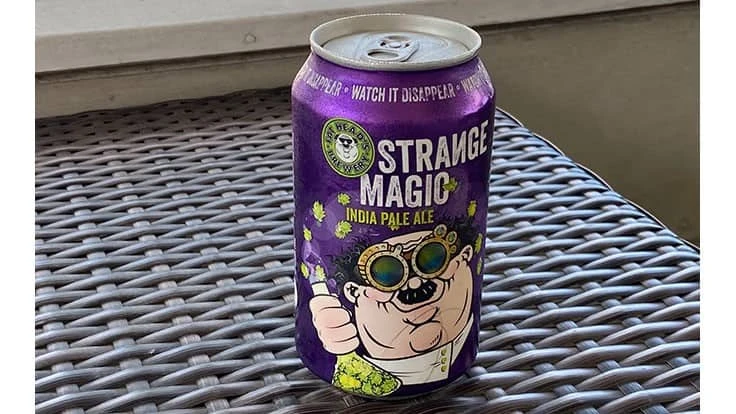
Aluminum can users ranging from craft breweries to global soft drink producers have been having difficulty sourcing cans to meet increasing demand for their products in response to the pandemic, according to published news reports. Some breweries have put off new product launches as a result, while some soft drink varieties are available on a limited basis. This is despite attempts by can manufacturers to meet the surging demand.
“The aluminum beverage can manufacturing industry has seen unprecedented demand for our environmentally friendly container prior to and during the COVID-19 pandemic,” according to a statement from the Can Manufacturing Institute (CMI), Washington. “Most new beverages are coming to market in cans and long-standing customers are moving away from plastic bottles and other packaging substrates to aluminum cans due to environmental concerns. These brands are enjoying the many benefits of the aluminum can, which has the highest recycling rate among all beverage packaging.”
The statement continues, “Can manufacturers are fully focused on filling the extraordinary demand from all sectors of the industry’s customer base. The latest CMI Can Shipments Report shows growth of beverage cans in the second quarter of 2020 that was slightly less than the first quarter, which is attributed to a lack of available capacity during the beverage can manufacturer’s traditional spring/summer high season. Can makers are expected to import more than 2 billion cans in 2020 from their overseas facilities to meet customer needs.
“One indication of the demand for aluminum beverage cans is found in National Beer Wholesalers Association and FinTech OneSource retail sales data that shows cans have gained seven market share points in the beer market versus other substrates due to the consequences of the COVID-19 ‘on premise’ shutdowns,” the statement concludes.
CMI President Robert Budway says the aluminum can’s share of the beer and hard seltzer market grew from 60 to 67 percent during the first quarter of the year. The can’s share of the overall market grew by 8 percent through March of this year, he says, though the pandemic further accelerated that growth in the second quarter.
Budway says that while can manufacturers have capacity expansions underway, they did not plan for the additional demand created by the pandemic. “We are making more cans than ever,” he says.
A number of newer beverages, such as hard seltzers and flavored sparkling waters, have favored the aluminum can, Budway says, while some beverages that originally embraced glass bottles, such as wine and kombucha, have begun to use aluminum cans, adds Sherrie Rosenblatt, also of the CMI.
Budway says the CMI’s members are building at least three new plants in response to growing demand for their products, though this announced capacity is expected to take 12 to 18 months before it is online. He adds that one member has accelerated its project timeline, while some CMI members are adding new lines to existing plants, and others are making productivity enhancements.
Ball Corp. is among the companies adding can manufacturing capacity. The company tells USA Today that it will open two new plants by the end of 2021 and add two production lines to U.S. facilities. To address demand in the short term, Ball says it working with its foreign plants to distribute cans to the North American market.
Renee Robinson, a company spokesperson, told the newspaper that Ball saw increasing demand for aluminum cans before COVID-19 from the hard seltzer and sparkling water markets.
Budway says he is not afraid that aluminum cans could lose market share in the long term as a result of the current shortage. “We understand that brands may need to use other packages temporarily,” he says, but the factors that had led the can to take market share away from plastic and glass are still at play. He says the can’s recyclability and high percentage of recycled content and its role in driving the U.S. recycling system contribute to its popularity.
However, a growing trend of using plastic labels, whether adhesive or shrink-wrapped, as opposed to directly printing on the can could potentially create issues for recycling. The Aluminum Association, Washington, says: “In recent years, the aluminum can industry has noted an uptick in plastic contamination in the recycling stream driven mostly by the increased use of plastic labels, shrink sleeves and similar products. This contamination can cause operational and even safety issues for recyclers. The Aluminum Association plans to release an aluminum container design guide later this year to further address some of these challenges and recommend solutions to beverage companies.”
Latest from Recycling Today
- Orion ramping up Rocky Mountain Steel rail line
- Proposed bill would provide ‘regulatory clarity’ for chemical recycling
- Alberta Ag-Plastic pilot program continues, expands with renewed funding
- ReMA urges open intra-North American scrap trade
- Axium awarded by regional organization
- Update: China to introduce steel export quotas
- Thyssenkrupp idles capacity in Europe
- Phoenix Technologies closes Ohio rPET facility





